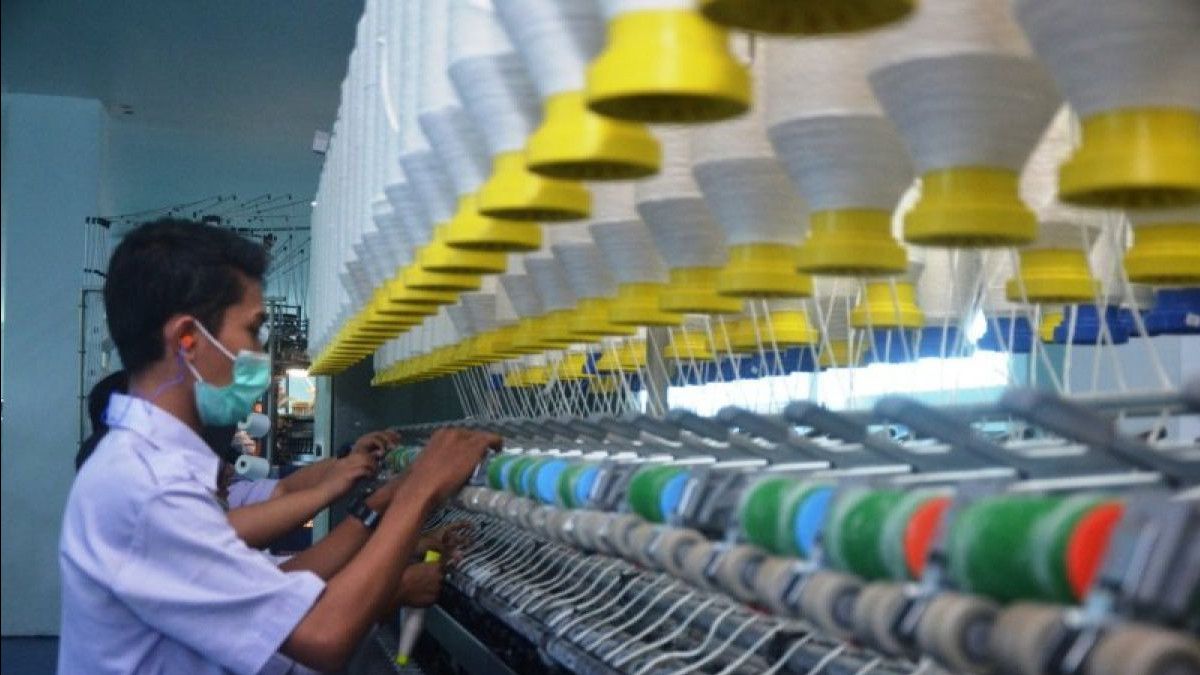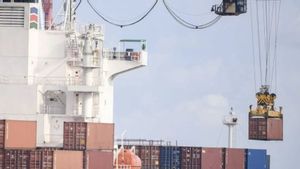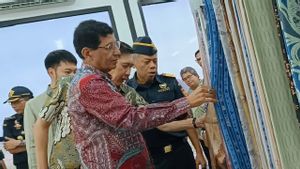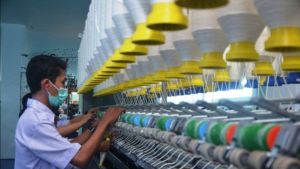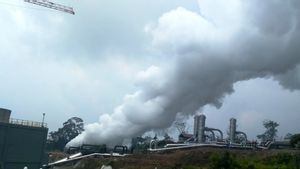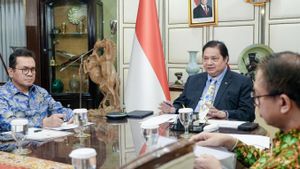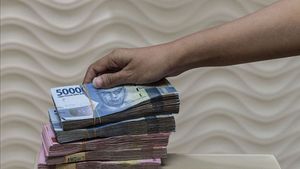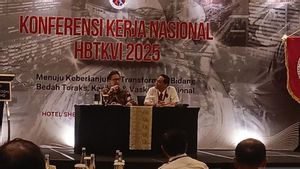The Ministry of Industry (Kemenperin) said the textile and textile product (TPT) industry was worried about the dominance of imported goods due to the relaxation of prohibitions and restrictions (laltas) in the regulation of Permendag Number 8 of 2024 which no longer enforces technical considerations (Pertek).
"As an industry coach, the Ministry of Industry accommodates input from industry players regarding the obstacles faced related to increasing productivity and competitiveness. The concerns of TPT industry players arise because there is no lartas on imported goods similar to the goods they produce," said Director of Textile, Skin, and Footwear Industry Adie Rochmanto Pandiangan in his official statement, Monday, May 27.
Adie assessed that currently the performance of the TPT industry is at an expansive level and shows positive growth. This can be seen from data from the Central Statistics Agency (BPS) which states that the textile and clothing industry sub-sector has increased by 2.64 percent (year on year/yoy) in the first quarter of 2024.
Meanwhile, in the same period, foreign demand for textiles and clothing products also experienced an increase in volume, which was 7.34 percent (yoy) for textile products and 3.08 percent (yoy) for finished clothes.
Therefore, with the elimination of Pertek, it can trigger a decrease in the contribution of the TPT industry and have a direct impact on the sustainability of the sector.
This concern was conveyed by the Chairman of the Bandung Connection Entrepreneurs Association (IPKB) Nandi Herdiaman who stated that small and medium industry players (IKM) of the garment and shoes were worried that in the near future, the market would again be flooded with imported products of similar goods.
"This is not just a concern, but a bitter experience we have experienced in recent years when imports of finished clothing and footwear were not controlled," he said.
Another statement was stated by the General Chairperson of the Indonesian Filament Filament Rate and Benang Producers Association (APSyFI) Redma Gita Wirawatasta who said that the existence of import control would not be effective because everything had been relaxed.
SEE ALSO:
"We initially welcomed the steps taken by the Ministry of Trade to control imports through Permendag Number 36 of 2023. The regulation has been socialized since December 2023 and is valid on March 10, 2024. So, the accumulation of containers that occurred was due to the actions of rogue importers who did not want to apply for an import approval permit," he said.
According to him, of the approximately 26,000 containers reportedly stuck, 85 percent of them belonged to traders and only 15 percent were really for the benefit of the manufacturing industry.
"The absence of regulations that are means of import control can affect the investment climate and development of the domestic textile industry, which also has an impact on the level of employment," he said.
Meanwhile, the Ministry of Industry is optimistic that the growth of the textile and clothing industry can be more optimal if it prevents consumption of used clothing or Thrifting and market supervision according to the applicable regulations for imported goods is further improved.
The English, Chinese, Japanese, Arabic, and French versions are automatically generated by the AI. So there may still be inaccuracies in translating, please always see Indonesian as our main language. (system supported by DigitalSiber.id)
